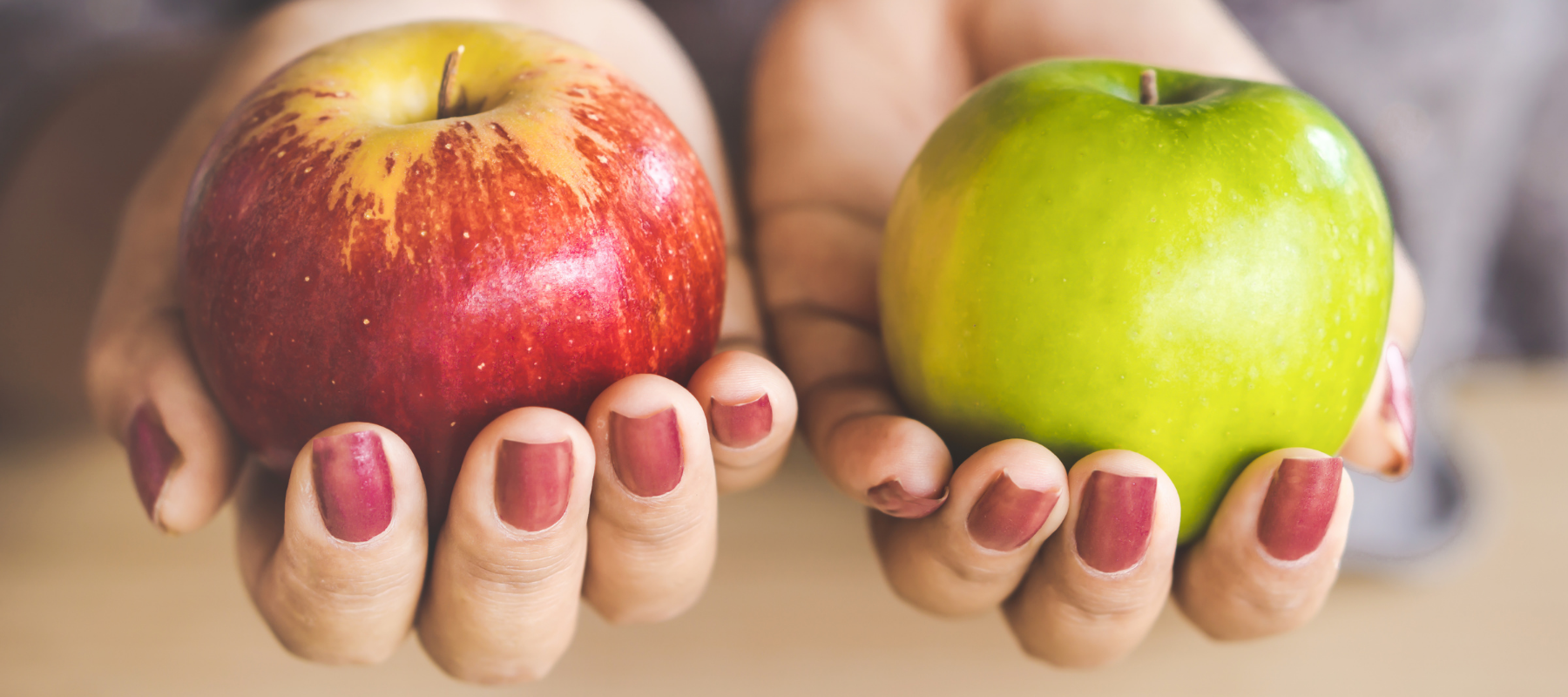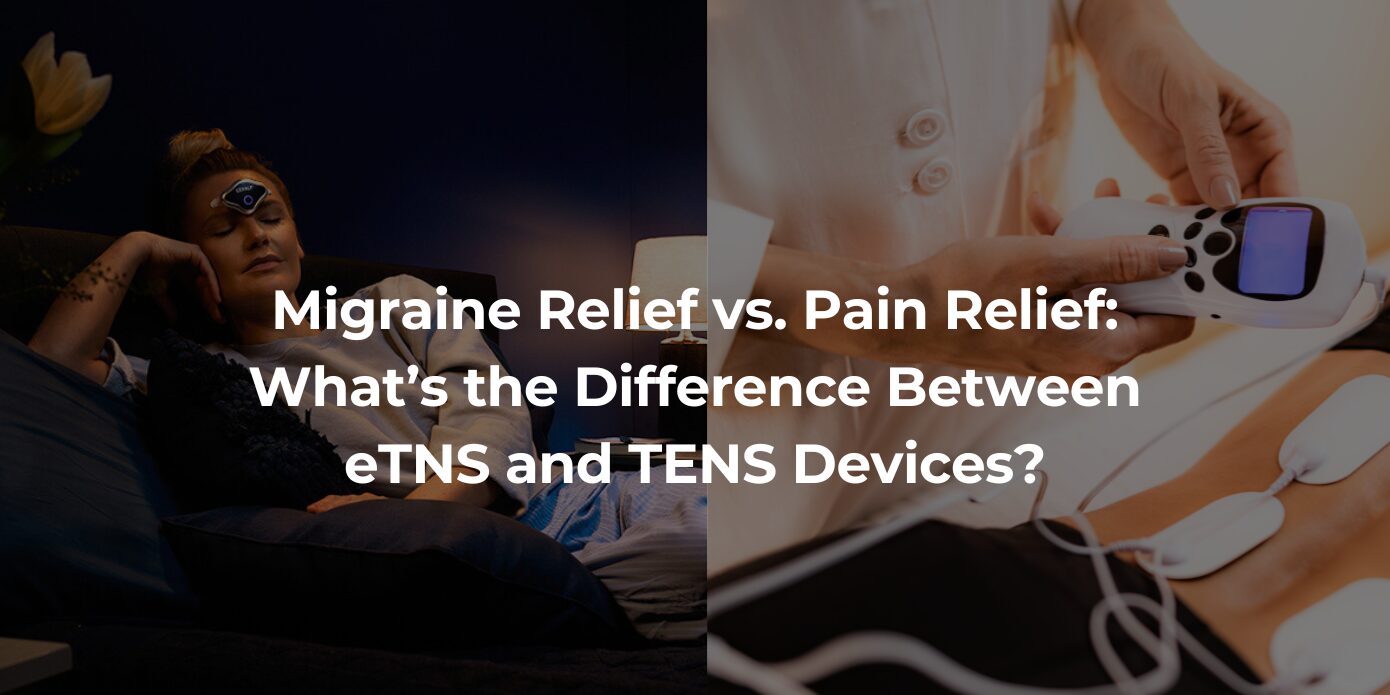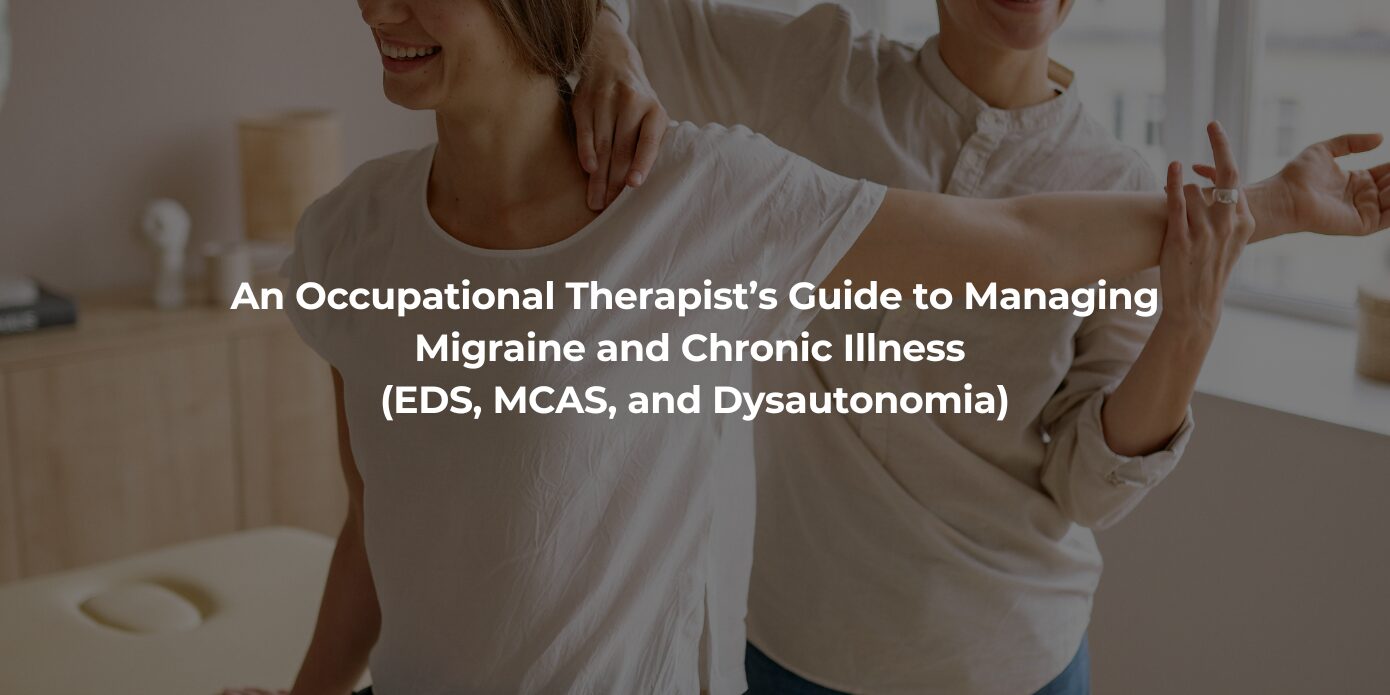- Can illness trigger a migraine attack?
- How does COVID-19 affect migraine?
- Prevent a migraine attack when feeling sick
- Will quarantine make my migraine worse?
- Improve Mental Health
It’s the Sickness Season: the winter months when colds, flu and now COVID-19 run rampant. If you live with migraine, you may dread this time of year more than most. You fear that illness could make migraine worse. You don’t want to lose your precious migraine-free days to a nasty virus or bacterial infection. And if you or a loved one gets sick, how are you supposed to manage migraine and another illness at the same time?
Here are some answers to help get you through this tough season.
Can illness trigger a migraine attack?
Yes, viral and bacterial infections have the potential to trigger migraine. Researchers continue to investigate links between migraine and the immune system. One area of focus is cytokines, a family of molecules that play a critical role in the body’s defense against infections and also are related to sensitization of the trigeminal nerve, the primary pathway for migraine pain.
On a macro level, the icky symptoms of a viral or bacterial illness also may make you more susceptible to a migraine attack. “We know that when you are not sleeping, when you have poor hydration, or when you’re not caring for yourself, any of those things can trigger a headache, and so it makes sense that an illness could trigger a headache as well,” headache specialist Lauren Doyle Strauss, DO, tells Everyday Health.
Be aware that a severe headache coupled with new and unfamiliar symptoms — such as a fever, seizures, a stiff neck, double vision or numbness — could be a sign of a serious medical emergency. If you have new symptoms and/or your migraine symptoms change, see your doctor right away or go to the emergency room.
How does COVID-19 affect migraine?
Can a COVID-19 infection make migraine worse? Researchers don’t yet have all the answers, but some early research suggests that it can. Many people with long COVID are reporting daily, persistent headaches as a common symptom. If you already live with migraine or another headache disorder, headache frequency may increase following a COVID-19 diagnosis.
One small study examined 121 headache patients in Kuwait (78 of which have migraine) who also were diagnosed with COVID. Patients experienced a significant increase in headache days after having COVID-19, and those with migraine increased their use of analgesic pain relievers. The study showed “that COVID-19 has a significant negative impact on patients with pre-existing primary headache disorder, either migraine or TTH,” researchers concluded. They also suggested that stress related to COVID-19 could have induced migraine attacks in participants.
How can I prevent a migraine attack when I’m feeling sick?
If you’re already under the weather, you really, really want to avoid a migraine attack. Do what you can to raise your trigger threshold by taking especially good care of yourself.
As the American Migraine Foundation explains, “migraine has a threshold, and how close a person is to that threshold at any given time determines how frequent, severe, and debilitating the headache and other symptoms of the attack will be. The key is to understand your individual migraine triggers and how close you are to your attack threshold, and avoiding triggers during vulnerable times.”
Battling an infection definitely counts as a vulnerable time. So recommit to your migraine self-care routine, which may include:
- Eating healthy meals at regular times
- Drinking lots of water
- Practicing good sleep hygiene, which means sticking to a set sleep schedule and routine
- Participating in gentle, low-impact exercise
- Adhering to your migraine treatment regimen, especially your daily, 20-minute CEFALY PREVENT program.
- Avoiding triggers such as alcohol and caffeine
Not sure exactly what your triggers are? It’s easier than you think to identify them. Get the free CeCe app! It’s an intuitive way to log your migraine triggers and symptoms and recognize trends over time.
Will quarantine make my migraine worse?
As of December 2021, the guidance from the CDC says you should self-quarantine for five days if you’re diagnosed with COVID-19 and you’re asymptomatic, or if you’ve been exposed to COVID-19 and are unvaccinated or unboosted.
Quarantine may be necessary, but it’s hard. You worry about missing work, about fulfilling family obligations, about the chances of getting someone else sick. What about migraine — can quarantine make it worse?
One study in Italy found that the opposite was true: people with migraine saw a reduction in headache frequency while in quarantine, with a correlation between patients’ improvement and the number of days they stayed at home.
If you must quarantine, try to make your environment as migraine-friendly as possible: comfortable, quiet, cool and gently lit. Try to stick to your normal sleeping and eating schedule. And don’t hesitate to call your support network for help!
My mental health is really suffering. What can I do to feel better?
The prolonged stress and trauma of COVID-19 is difficult for many of us to process, says Ilene Weingarten, a marriage and family therapist: “It has an immense mental health toll, immense; with omicron in particular, there’s been a spike in disheartened feelings, feelings of hopelessness and helplessness.”
Stress is a powerful migraine trigger, and the burden of anxiety and depression can be a lot for anyone to carry. Just remember…
- The way you feel right now is temporary, not permanent.
- Mental health professionals can help you manage your negative emotions.
- You can live well when you have migraine.
- There are strategies that work for fighting stress-induced migraines.
- You can’t control migraine. But you can control your migraine treatment plan.
If your current plan isn’t working for you, try CEFALY DUAL. It not only relieves migraine pain during an attack but also is clinically proven to decrease migraine frequency with compliant daily use. Try using the 20-minute PREVENT setting every day for 30 days, and see if it works for you.
Learn more about how CEFALY works to prevent and relieve migraine pain.

















